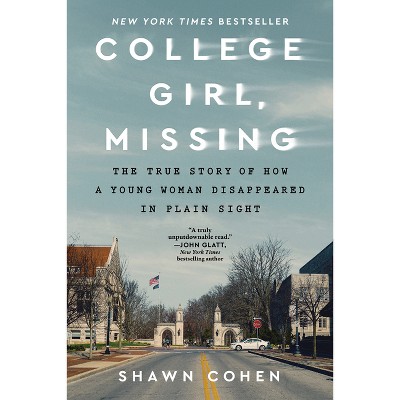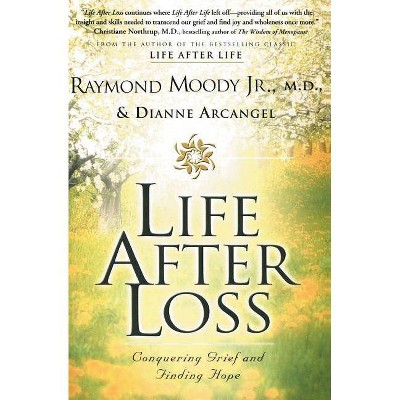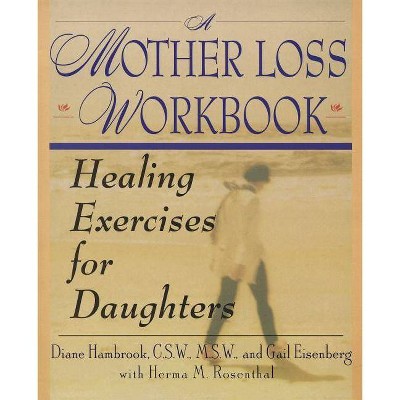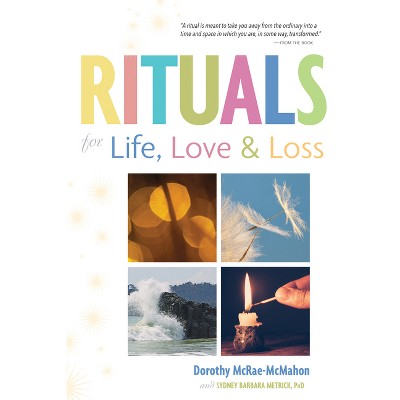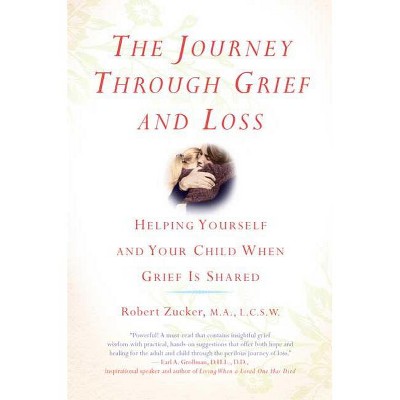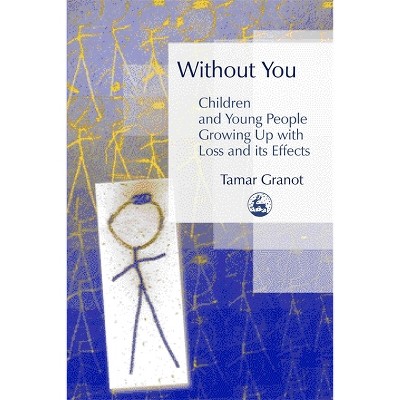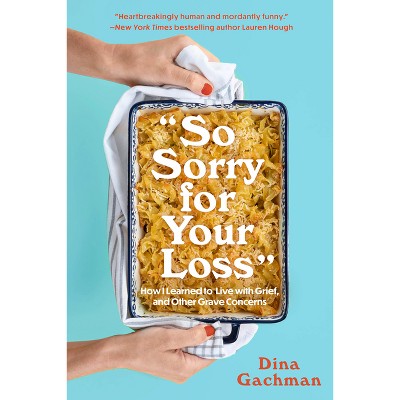The Paradox of Loss - by Marilyn McCabe (Hardcover)

About this item
Highlights
- This volume explains a new theory of grief and loss that is designed to represent the realities not addressed in current conventional views of grief.
- About the Author: MARILYN MCCABE is a psychologist in private practice and Adjunct Faculty member for the Georgia School of Professional Psychology at Arogosy University, as well as the Advanced Psychodynamic Psycotherapy Program sponsored by the St. Louis Psychoanalytic Institute and the Nashville Psychoanalytic Study Group.
- 240 Pages
- Self Improvement, Death, Grief, Bereavement
Description
About the Book
This volume explains a new theory of grief and loss that is designed to represent the realities not addressed in current conventional views of grief. First and last, McCabe's is a relational theory of grief. Inherent in this theory is the reality that the lost one remains and ongoing part of our existence and that a major dimension of grieving involves reintegrating our lives around the lost presence. This process does not have stages or prescribed time limits as those cited in traditional theory. The experience proceeds, rather, in terms of the griever's prior, ongoing, dynamic relationship with the loved one as well as others, and the griever's personal resources for reconstituting life in the face of personal loss.
This volume will be useful to scholars and practioners whose work brings them in touch with death issues. Academics in psychology, sociology, nursing and religion will find this of interest, as will practitioners in bereavement counseling, menetal health, religion, social work, nursing and medicine.
Book Synopsis
This volume explains a new theory of grief and loss that is designed to represent the realities not addressed in current conventional views of grief. First and last, McCabe's is a relational theory of grief. Inherent in this theory is the reality that the lost one remains and ongoing part of our existence and that a major dimension of grieving involves reintegrating our lives around the lost presence. This process does not have stages or prescribed time limits as those cited in traditional theory. The experience proceeds, rather, in terms of the griever's prior, ongoing, dynamic relationship with the loved one as well as others, and the griever's personal resources for reconstituting life in the face of personal loss.
This volume will be useful to scholars and practioners whose work brings them in touch with death issues. Academics in psychology, sociology, nursing and religion will find this of interest, as will practitioners in bereavement counseling, menetal health, religion, social work, nursing and medicine.Review Quotes
?Most psychological theories of grief over the death of a loved one describe grief as a process that moves through stages to a resolution. McCabe offers a new theory, one that presents grief as an ongoing experience in which various expressions of grief come and go recursively as the grieving individual interacts with life events. Taking issue with the idea that long-lasting grief is necessarily pathological, the author suggests that the relationship with the dead person continues to exist on a variety of levels indefinitely....Comprehensive graduate collections supporting psychology, social work, and nursing programs.?-Choice
"Most psychological theories of grief over the death of a loved one describe grief as a process that moves through stages to a resolution. McCabe offers a new theory, one that presents grief as an ongoing experience in which various expressions of grief come and go recursively as the grieving individual interacts with life events. Taking issue with the idea that long-lasting grief is necessarily pathological, the author suggests that the relationship with the dead person continues to exist on a variety of levels indefinitely....Comprehensive graduate collections supporting psychology, social work, and nursing programs."-Choice
About the Author
MARILYN MCCABE is a psychologist in private practice and Adjunct Faculty member for the Georgia School of Professional Psychology at Arogosy University, as well as the Advanced Psychodynamic Psycotherapy Program sponsored by the St. Louis Psychoanalytic Institute and the Nashville Psychoanalytic Study Group.




